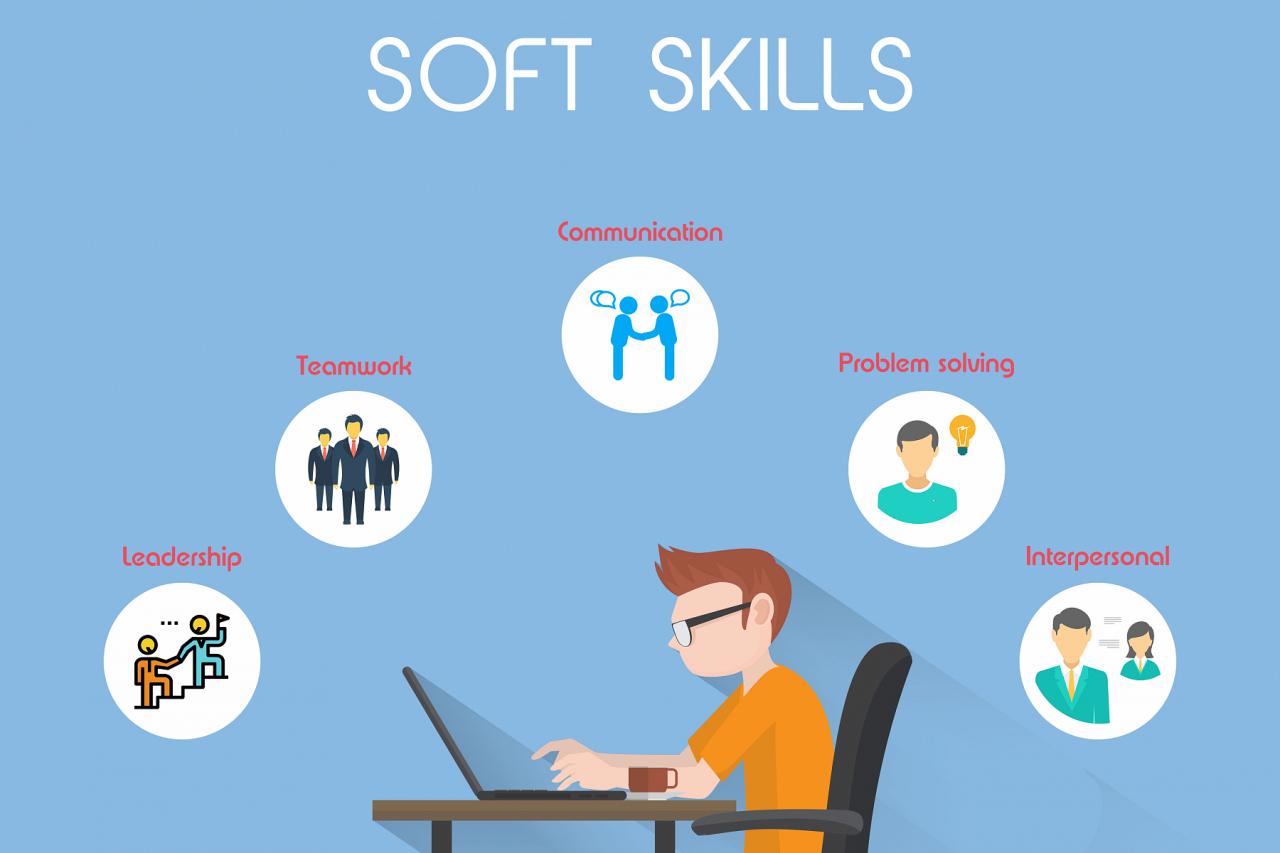Money doesn’t matter as long as the salary is right
Money alone is no longer a fun job today. Other things count, such as self-realization, challenge, or purpose, which are preferred to the full bank account and ensure fulfillment in the job. At least that is what current studies show and I also find it in career coaching. But have you ever noticed how many tips and tricks around the salary and salary negotiation haunt the net every day? All headlines immediately promise more money or entice you with the brand new tricks on how to become the negotiating winner at the next annual interview. Such texts are extremely well received and are clicked thousands of times after they appear. How can that be when money has supposedly become so unimportant for a career and personal happiness? Why is there still such an interest in salary issues at all? An apparent contrast that I find exciting.
Money alone no longer makes you happy today
If I ask job changers and applicants what is particularly important to them for the next step in their career, then they all name the money besides. Rather, they long for an exciting job, collegiality, an appreciative boss, and at eye level. All of this is important to them today to be motivated to do good work. Yes, at some point you will tell me in conversation “I would like to earn as much as I do now with the next employer”, but it sounds like an insignificant secondary condition. Unless I’m dealing with downshifters who consciously want to take a step back on the career ladder and would even forego income for this.
Money alone is neither a lure nor a binding agent for good employees today. This is the result of various studies on job satisfaction and employee loyalty. The recently published results of the “Indeed Job Happiness Index 2016” show what makes employees happy at work: Work-life balance comes first, followed by (corporate) management, culture, and security/development. Job happiness factor money ranks 5th.
I also find the results of the study on securing and retaining skilled workers by the Federal Ministry of Labor and Social Affairs interesting. Potential job changers may first and foremost dream of better pay, but for those surveyed who actually have changed employers, the importance of more money and additional benefits slips to 5th place.
The desire for a higher salary seems to motivate employees to think about changing jobs, but other criteria are the focus for the subsequent selection decision. Or it is actually mainly those employees to whom the soft topics are more important than change, while the salary dreamers do not pull through in the end.
Especially for the younger generation, the motto of the book of the same name seems to be an expression of their current attitude towards job and career. Even if more and more voices are being voiced that the difference between the generations is a myth, my coaching experience shows a cross-generational trend away from money and towards meaning in the job.
Tips & tricks for higher salaries are celebrating the boom
For a few weeks now I have been consciously observing which job and career topics are attracting great interest on the internet and therefore could attract attention here in the blog. Every day at least one article about salary and salary negotiations appears somewhere in the major career and business portals. If I take a look at the number of clicks, the distribution in social media, and the comments, then these posts seem to be real traffic guarantors for the portals.
This is amazing, isn’t it? Why are so many employees interested again and again in the sometimes rather flat expert advice on more salary when money is supposedly not that important?
More money? – I’m not saying no!
Of course, if the boss comes around the corner with the bonus at the end of the year or perhaps even offers a regular salary increase of 2.9 percent of his own free will, then there’s something to celebrate. The equation is simple: the more money in the account, the better – even if there is diminishing marginal utility.
And of course, the promise of bonus, commission, dividend, or bonus still affects the work motivation of the individual today. Even if it has now been scientifically proven that salary increases and bonuses only have a very short-term effect, and can even create false incentives. Reinhard K. Sprenger described this very well in “The Motivation Myth – Ways Out of a Dead End”.
And yet, if you take a look at your colleagues in sales (or at yourself as a salesperson), you are likely to see a personality to whom money is very important as a value and motivator. At least for the die-hard 50+ salespeople, that should still apply today. Most sales organizations, especially in the financial services and insurance industries, are still extremely driven by commissions and incentives.
The fact that companies and managers sometimes wrongly assess the reward function of money for the sustainable performance of their employees is one thing and probably only a matter of time before the more recent research on motivation and incentive Put theory into practice. But on the other hand, it is clear that almost every employee (and self-employed) is also an income maximizer and thus has an interest in negotiating more salary.
Money is unimportant as long as the salary is right
The monthly salary stands for security and today that is an important value, especially for young professionals. To be able to pay off the newly moved home, to hoard a small reserve for the unforeseen, to treat yourself to vacation once a year, or simply to be able to maintain the standard of living that you have cherished today and especially in old age.
The salary as a performance of the employer is an expression of recognition. The salary should match your education, job responsibilities, and personal performance. This is important for many employees as an indicator of justice, especially when compared with colleagues and friends.
If something remains from the salary at the end of the month, it gives independence. With a small financial cushion, for example, it is easier to quit the job on your own if it no longer fits and to bridge a dry spell in the application phase. For many female employees, their own salary means independence from their partner, which is also very important to many today.

“If I am successful, enjoy my job and if everything so important to me today is fulfilled, then the money is also right.” This is the argument of many professionals when I talk to you about their values and goals in the profession. The money has moved into the second row. It is becoming less and less important when it comes to success and fulfillment in your job.
The salary has become a colorful ribbon around money. As a sign of recognition, justice, meaningful employment, or as a basis for independence. From my perspective, this is what will drive motivation and personal performance in the future. That explains why the many tips for increasing the salary still meet with such great interest.
However, the next time you click on one of these “This is how you earn more!” headings, you as a reader can consciously ask yourself what actually means “earning more money” for you personally. Is it really the victory in the salary negotiation and the 200 euros more net monthly in the account or are there actually completely different values and goals behind it? And maybe there are other things you can do to achieve these true goals in addition to salary negotiations.













